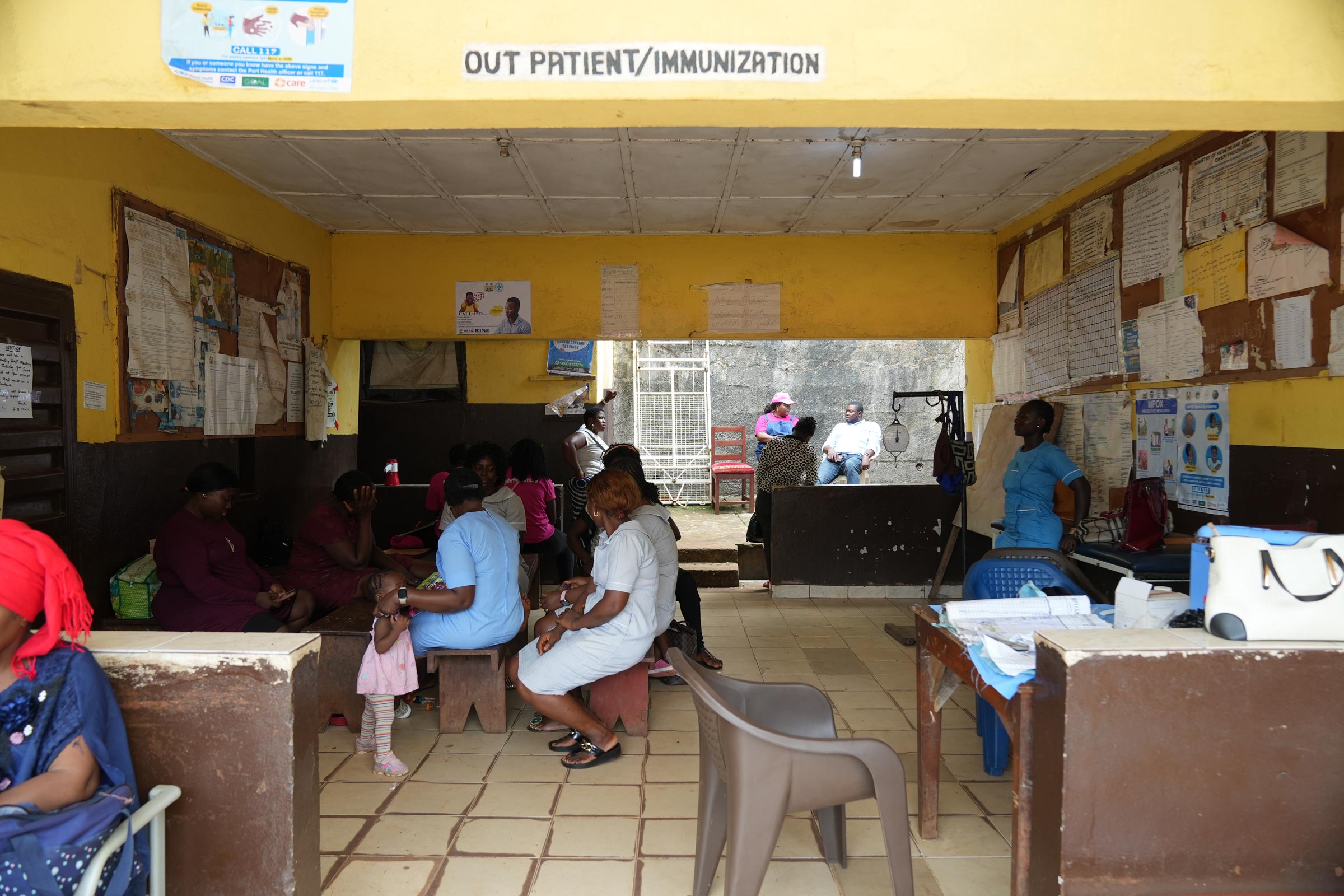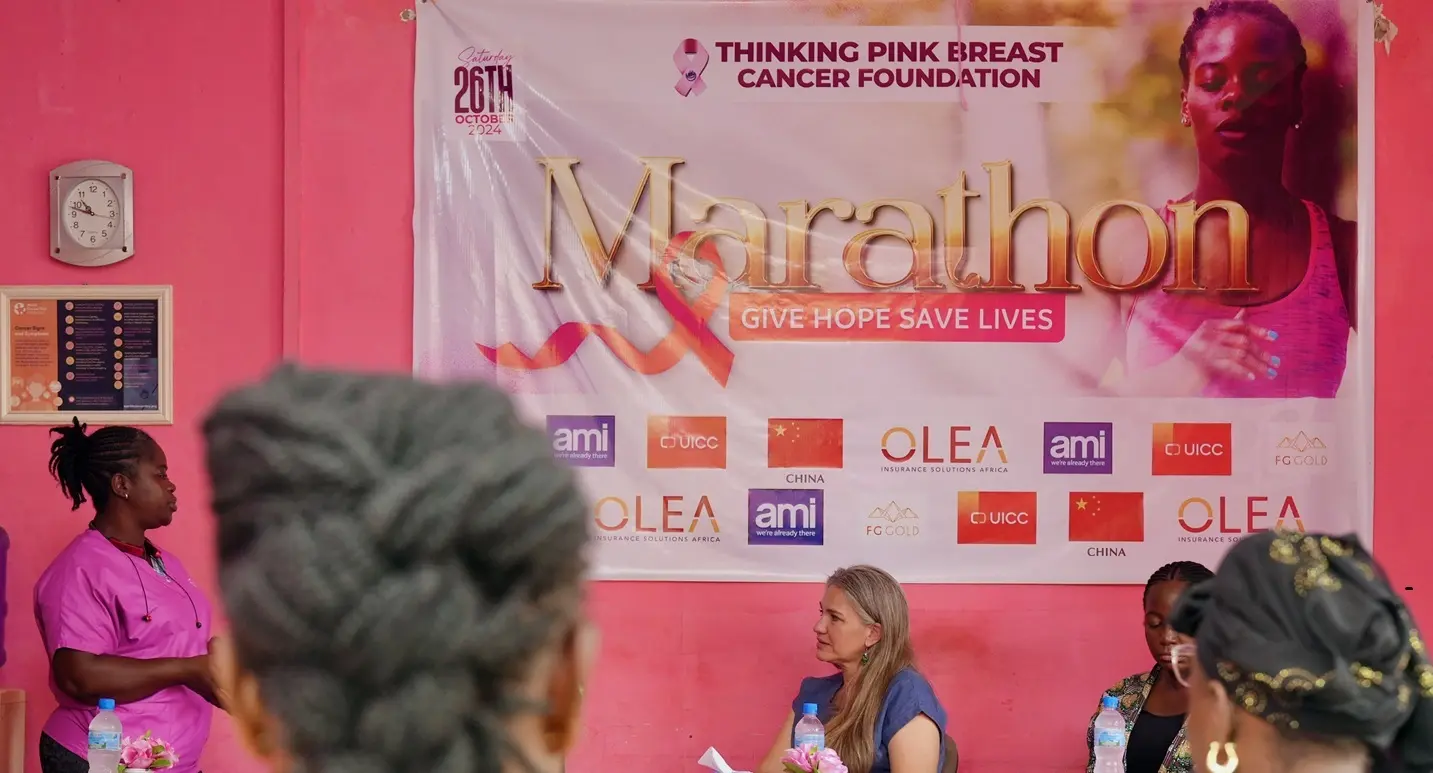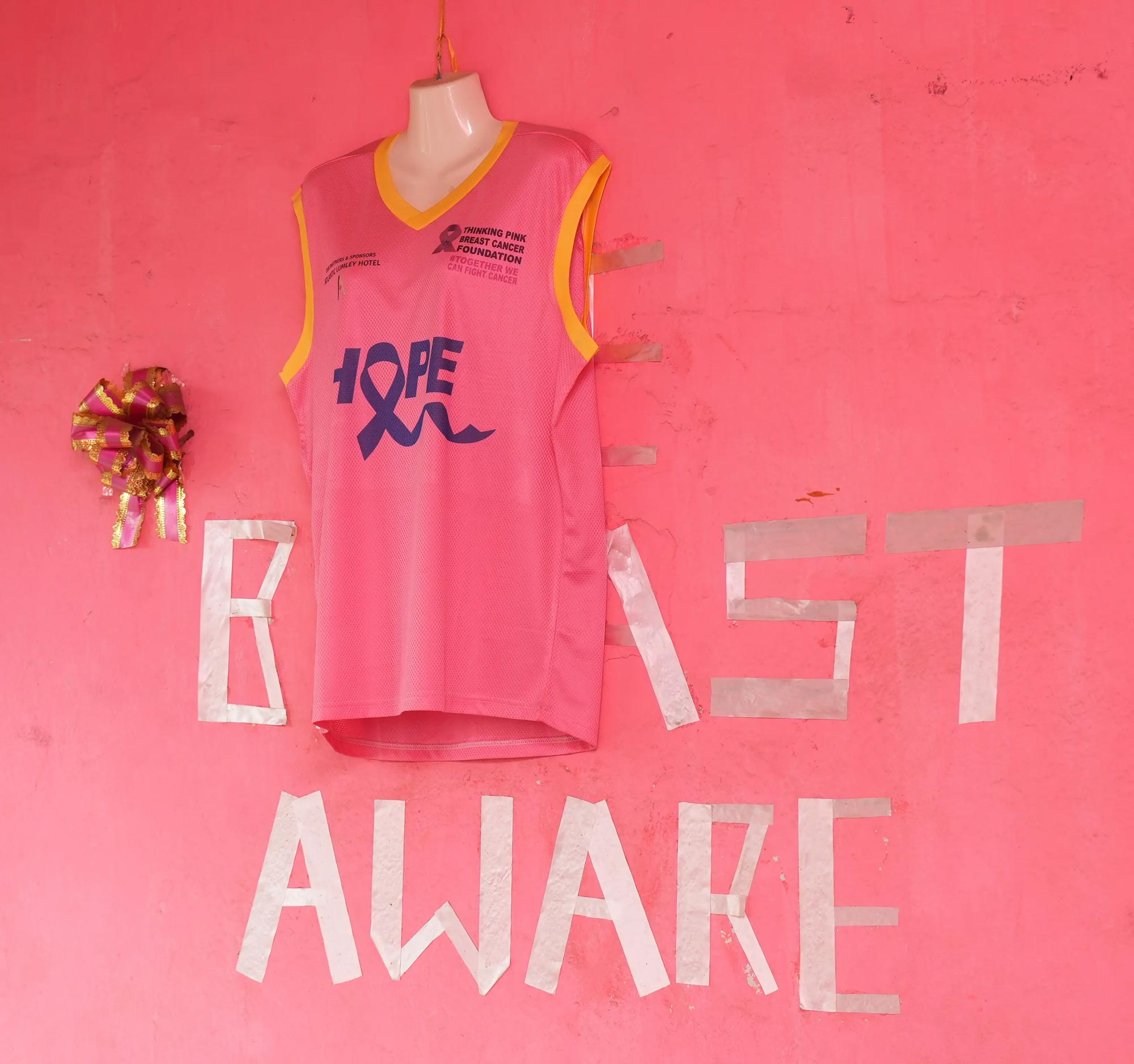Addressing the Urgent Needs of People Living With Breast Cancer
Breast cancer remains the leading cause of cancer-related death among women worldwide, with outcomes differing sharply between high-income countries and low- and middle-income countries.
To address this inequity, The Max Foundation, in collaboration with the ABC Global Alliance, oncologists, pharmaceutical and diagnostic companies, and professional organizations, launched the Humanitarian PACT for Breast Cancer in 2022. Members are committed to expanding access to life-extending treatment and strengthening health systems.
In October 2023, the first three patients began receiving HER2- HR+ breast cancer treatment in Mozambique. By October 2025, around 700 patients had initiated treatment in more than a dozen countries. Additionally, around 70 healthcare professionals received clinical training.
In 2026 and beyond, The Max Foundation and its partners will work on conducting site readiness assessments, identifying barriers through patient journey mapping, creating training programs for healthcare professionals, and expanding wraparound services like transportation assistance and patient support groups.
“There is a compelling unmet medical need, and we are grateful to our partners who share our deep commitment to improving outcomes in the most common cancer impacting women in the low-income world.”
CEO Pat Garcia-Gonzalez, The Max Foundation
How to Help
The urgent needs of people living with breast cancer has been overlooked. Together, we can reach those no one else is helping.
While your donation is designated for our breast cancer programs, it also helps us address other critical needs. This flexibility allows your gift to have the greatest impact possible.
The Max Foundation is a 501(c)3 organization (Tax ID 91-1893957) and your donation is tax deductible within the guidelines of U.S. law. Please keep your emailed receipt as your official record.

Overcoming Barriers to Breast Cancer Treatment in Sierra Leone
A panel of experts discusses the barriers patients face and how we can work together to improve access to treatment and support.
Watch Now
